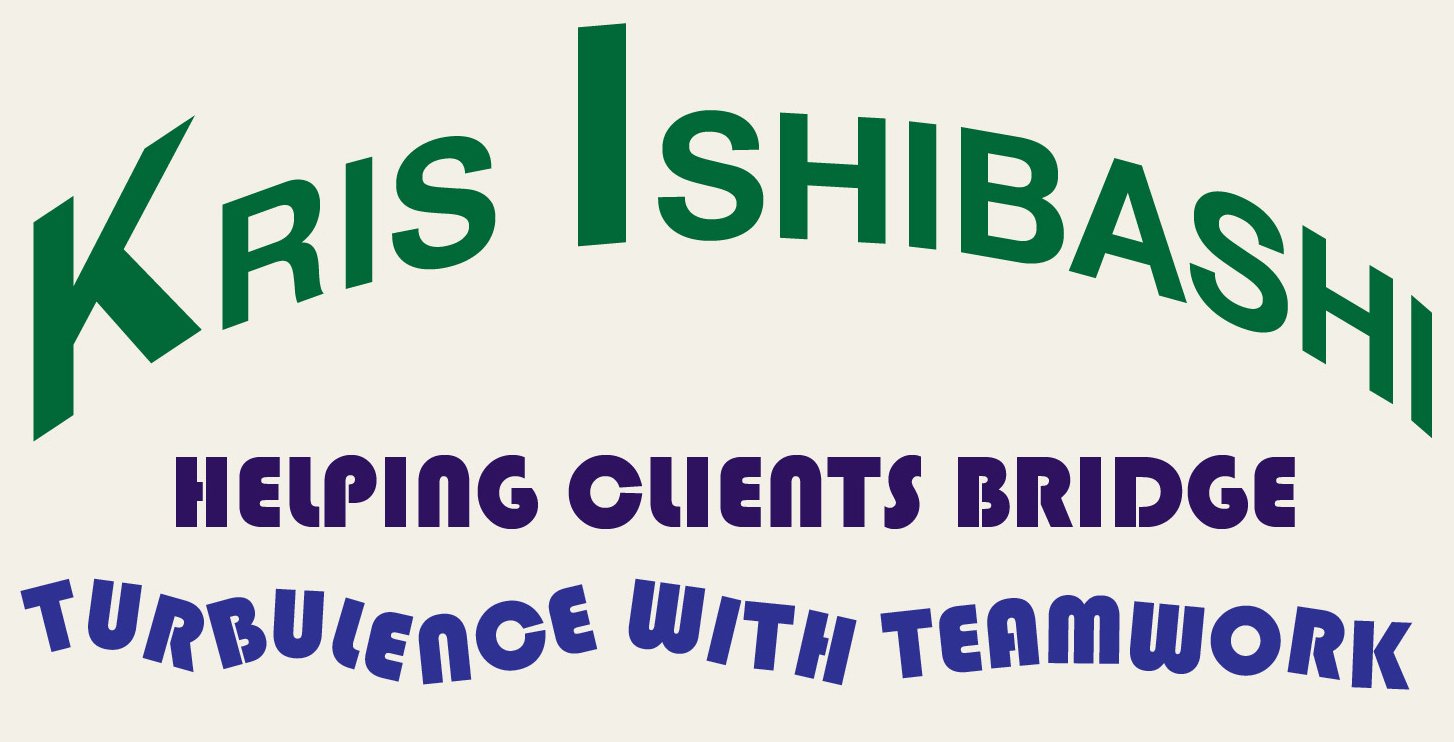Copyright: <a href='https://www.123rf.com/profile_nakophotography'>nakophotography / 123RF Stock Photo</a>
More than two-thirds of American workers are disengaged at work. If you’re like me, you may be patting yourself on the back for thinking how fortunate you are to have a team that is in the one-third of employees that are engaged.
Before you click to another article, ask yourself, “Do most members of my team exhibit the following behaviors?”
• Taking all opportunities to expand knowledge, or learn new skills,
• Willing to help others, including the boss,
• Accepting responsibility when things that don’t go well,
• Showing a professional and positive demeanor at all times,
• Anticipating problems and taking initiative,
• Focusing on work for 90% of the day,
• Engaging constructively in conversations about solving problems.
If you look at these behaviors and see room for improvement on your team, there are things that you can do to improve things.
1. Infuse your team with purpose. Every one of us wants for our lives to have meaning. I will never forget the janitor/school crossing guard who worked the corner next to my home when I was in high school. He was so cheerful every morning and I once asked him why he was so happy, and he said, “I am blessed to have the mission of keeping you kids safe.”
Your company has a purpose and every one of your team is a part of that mission whether it’s keeping people safe, fed, healthy or meeting some other important need. Help your team to connect to that. Field trips, customer contact, and stories can help.
2. Know what your team’s personal goals and dreams are and help them to get there. We all have odd things that we need to get done. Knowing who would find these assignments to be helpful to their personal development is key to job satisfaction. (It also assures the task will be done by someone who wants to do it.) Telling your team that you are looking for them to develop themselves can be very motivating.
3. Expect great things but not perfection. Give your team members the autonomy and the space to do what they know how to do well and to grow, without micromanaging them. It’s true that they won’t do things the way you do, but isn’t having someone mentally and emotionally invested in their job worth it?
Helping your team feel that they’re getting more from their job than a paycheck is the key to better engagement.
QUESTION: How do you engage your team?
========================================================================
Leadership/Career Coach Kris Ishibashi is a certified Hogan provider. She works with leaders to bring together their skills, their authentic selves, and their intentions to inspire their organizations to superior performance. Click here to set up a complimentary consultation.


